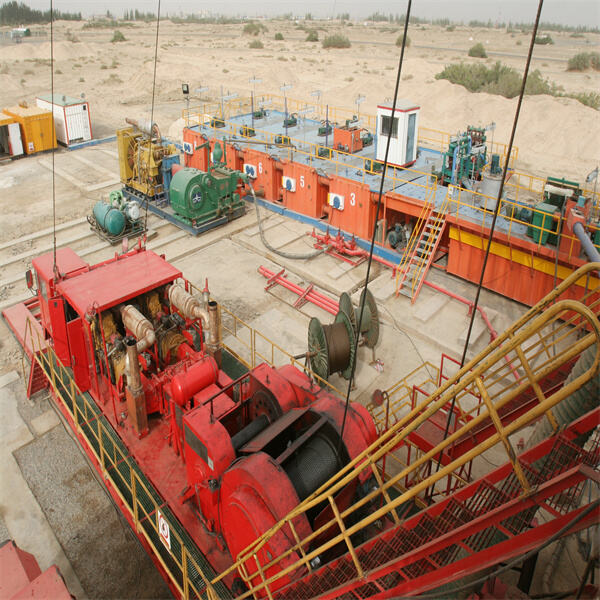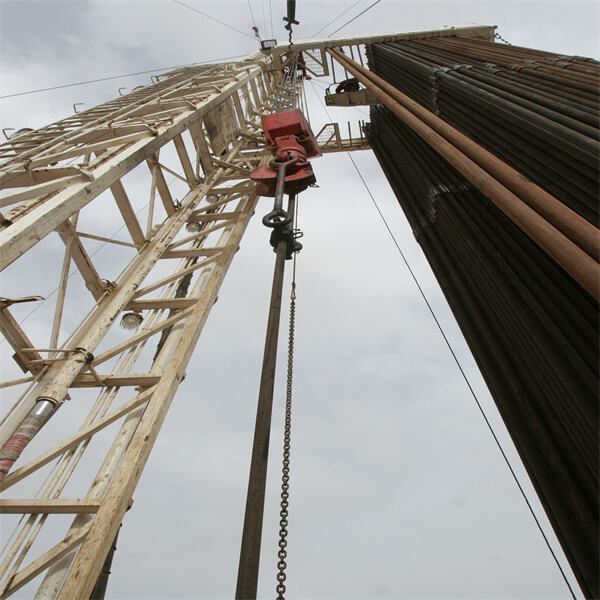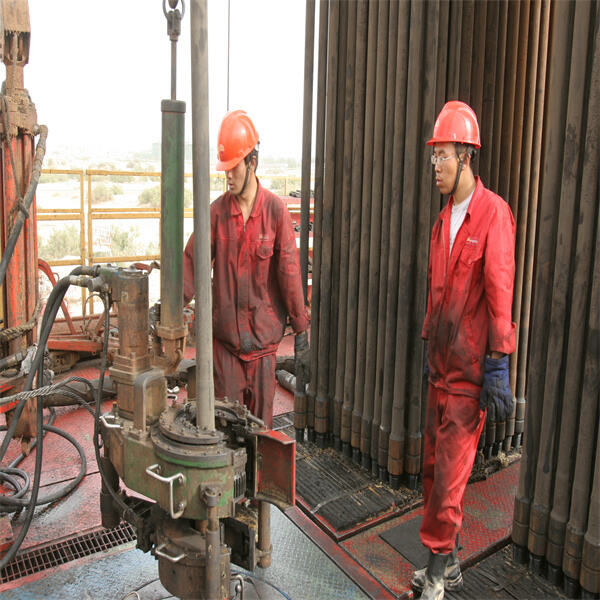Oil and gas drilling rigs are huge machines that are used to get oil and gas from deep under the ground. They are super important because we use oil and gas to create electricity, heat our homes and fuel our cars. But how do these drilling rigs operate, and what do they mean for the environment?
Oil and gas drilling rigs are some of the most highly advanced technology. These “oilrigs” are capable of drilling miles into the earth to gain access to oil and natural gas deposits. Special drill bits that are tough enough to drill through rocks and soil are used. The drilling rigs also include pumps to help bring the oil and gas to the surface.
An examination of drilling rigs reveals that they are very tall and have many diverse parts. At the top is a large platform where the workers can stand on and suck the rig. Below that, a lofty mast suspends the drill string. The drill string is that which goes into the ground and drills into the oil and gas. The drill-bit actually does the drilling at the very tip.

There’s a big concern about environmental impact with oil and gas drilling rigs. When the rigs bore into the earth, they also can disrupt the land and wildlife around them. They can also lead to pollution of the air and the water. It’s why companies like Xiangjing will have to adhere to strict rules and safeguard the environment.

It is also important to factor in costs and profits when considering oil and gas drilling rigs. These machines can cost a fortune to build and maintain. But if they find oil and gas, and they can extract it from beneath the earth, companies can make a ton of money selling it. This will help jobs and the economy.

The place of drilling rigs in a changing energy landscape is unclear. At a time when people around the world are searching for cleaner, more environmentally friendly sources of energy, the demand for oil and gas could fall. That might affect demand for drilling rigs later on. But just as we remain reliant on oil and gas for energy, drilling rigs are sure to have some place in the future.